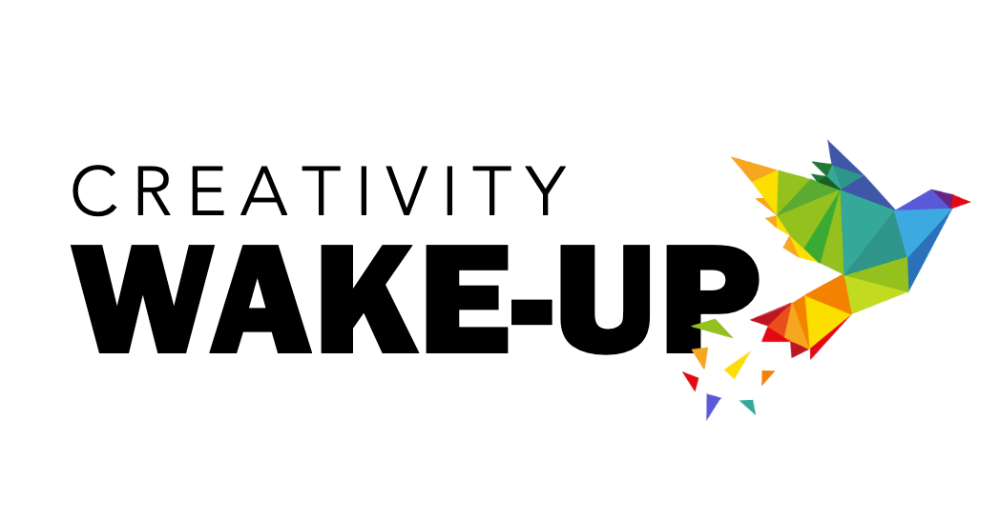Do you have what it takes to lead innovation?

They had what it takes.
One group of leaders took a nation from zero to hero in less than a century. In fact, in the first 30 years of the turnaround, they achieved the industrial growth that took Europe 100 years to achieve.
When I first heard about this country’s transformation, I was amazed. Just over six decades ago, it was one of the poorest nations in the world. Years of war and exploitation left families scarred, separated and destitute.

Recognise this place? Kayelitsha?
Cities looked like slums. Food was so scarce that people scoured the hills for edible herbs and plants. Their prospects looked pretty bleak!

A country decimated by decades of war
Then came a dazzling national transformation. Under strong, creative leadership, South Korea (you guessed it!) steadily implemented a new vision. In addition to massive infrastructure development and government support for new business growth, the country was opened up to foreign markets with export-oriented policies. By 2013, the government was satisfied that they had ‘caught up’ with the rest of the world.

The Cheonggycheon river restoration in Seoul in 2002
At that point, there was only way that South Korea could keep moving forward. They needed to invest in creativity and innovation.
Together with her committed administration, President Park Guen-hye put in place an action plan to lay a new foundation of creativity and innovation for:
- the creation of jobs and markets,
- the advancement of innovation especially in scientific technology and ICT,
- the development and export of artistic talent and culture, and
- for the establishment of a society that respects creativity.

The result?
South Korea has grown into the world’s 10th largest economy. It is now one of the most innovative nations in the world, second only to Germany in Bloomberg’s 2020 Innovation Index. Seoul boasts the top spot as the world’s fastest connected city, with cheap, high-speed wifi available everywhere, and a transformation story known as known as the Miracle on the Han River.

The first two photos are of the city of Seoul in 1969, this photo is of Seoul in 2019
What does it take to lead innovation?
To learn from this story, here are three things you should know:
1. There is no innovation without creativity.
Creativity is an essential ingredient in the innovation process. If innovation is the game on the field, then creativity is your players’ physical fitness. Without fitness, your players are not going to be able to execute your brilliant game plan. Creativity is the starting point. You can’t innovate without creativity.

Nike has chosen South Korea as its latest canvas for creativity
2. Creativity is not artistry (and creativity is good for business.)
There’s a reason why creativity is first on the list of soft skills that companies need today (LinkedIn Learning 2020 Workplace Learning Report) and it’s not to paint pretty pictures or produces crafts to sell on Etsy! Artistry requires creativity, but creativity is bigger than that. Creativity is the use of imagination to produce something novel and useful.
We use creativity to see possibility, solve problems, imagine new ways, empathise with others, deal with change and visualise success.
Creativity is in the top three most important skills for the workforce (Source: World Economic Forum.) When you develop creativity as a skill in your workforce (yes, it can be taught). In addition to increased innovation, you will also reap:
- Increased productivity,
- A more agile and resilient workforce,
- More efficient problem solving,
- The discovery of hidden talent, and
- Improved employee well-being (basically, happier people.)

Creativity at work: The Louis Vuitton flagship store in Seoul
3. Creativity needs to be driven from the top down.
South Korea’s leadership put their money where their mouth is. The decision was taken from the top to prioritise innovation and this decision was put immediately into action with concrete policies, effective communication and real investment (South Korea spends 4.5% of GDP on innovation, topped only by Israel.)
A culture of innovation begins with the c-suite understanding the value of creativity and being willing to role model creative thinking and creative collaboration in the organisation. This starts with each member of the executive team being brave enough to let go of the claim: “I can’t draw a stick figure. I’m just not creative.”

World Bank Group and Korea's Ministry of Economy and Finance co-host the first Global Innovative Growth Forum 2019. (Photo by World Bank Group)
Take the next step
Don’t get left behind. Start the discussion with your team. Ask questions like:
- How creative are we as a team? How can we each develop our creative intelligence further?
- How creative is our company culture?
- Are our people good at taking initiative and coming up with better ways of doing things?
- Do we have a flexible workforce that can easily handle unforeseen or ongoing change?
- Does waste continually go unnoticed and ignored in our company (wasted time in meetings, wasted opportunities with clients, wasted resources?)
- Do we enable or disable a culture of creative thinking and innovation? Do we see possibility and communicate a compelling vision? Do we role model trust and collaboration?
If you want to find out more about building creative thinking capacity and a culture of innovation in your organisation, I’d be happy to have a chat with you. Connect with me on [email protected].
Prioritizing innovation today is the key to unlocking post-crisis growth.
(McKinsey Study 2020)


